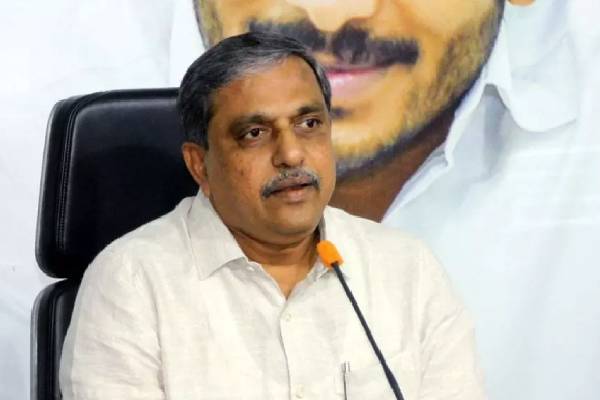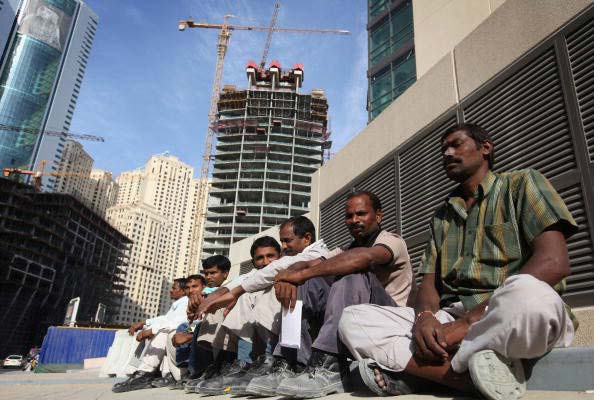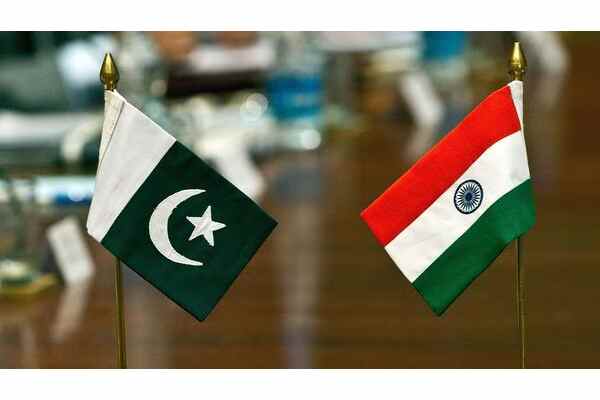A new law the Saudi Government is going to enforce from July 1 this year is going to separate families of thousands of Indians working in the kingdom. According to a decision announced on Tuesday, the government will collect a ‘dependent fee’ of 100 riyals (1SR = Rs 17.22) per month for each dependent in the family.
For example, if an expat family of four – husband, wife and two children – are living in Saudi Arabia, he has to pay 300 riyals for his three dependants every month. To make matters worse, he has to pay the entire amount of 3600 riyals for one year at the time of renewing residence permit.
The new restriction is in addition to the minimum salary of 5,000 riyals required to bring in family. A majority of Indians who go to the kingdom on job visas don’t qualify for this privilege. Only white and blue-collared employees could afford the luxury of calling their families to live with them. Even then, they prefer to keep their families back home and visit them periodically to obviate the problem of social seclusion. Now, the ‘dependent fee’ would force thousands of Indian families to think twice before committing to keep wives and children with them. More worrisome for them is, the ‘fee’ is set to go up by 100 riyals every year until 2020.
Indians, with a population of over 40 lakh, constitute the largest expatriate force in Saudi Arabia of which nearly 10 lakhs are from the Telugu states. Ever since the proposal has been in the air, many Telugus have sent their children home in time for school and college admissions. According to reports, many of those who have already sent back their families are considering to return for good.
The situation is no better in neighbouring United Arab Emirates (UAE) where the Indian Diaspora tops the expat list. In fact, among the six Arab Gulf States, the UAE in general and Dubai in particular is considered the most modern and moderate. It is a home away from home to lakhs of Indians, including a sizeable and thriving business community. With over one lakh Telugus spread across seven Emirates, they form a formidable workforce in the construction and infra sectors. Though the Rulers are considered benevolent and extend a lot of benefits to the large expat population, the UAE is all set to introduce Value Added Tax (VAT) from January next year.
Residents are edgy over the proposed VAT, which is being introduced as part of the Arab Gulf Cooperation Council (AGCC)’s initiative to shore up sagging revenues from oil and gas and to wean the Sheikhdoms off hydrocarbon-based economies.
Whatever the reasons may be, the proposed 5% VAT, which is being fine-tuned by individual GCC member states, is causing ripples in the UAE which has been a tax–free country so far. Already, expats are complaining that utility and service charges, rents, visa and residency permit fees have gone up and with the addition of VAT, living there would become more expensive for families. That means if anyone wants to save money, he has to either cut the corners or lead a forced bachelor’s life.
All this boils down to one thing: Job prospects in Gulf States are no longer as alluring as they used to be because whatever one earns one has to spend most of it in the resident country itself. That’s the aim and purpose of new economic measures being undertaken by Gulf states either individually or collectively.
More importantly, these steps should be seen as the beginning of the end of golden dreams of thousands of youths aspiring for Gulf jobs and return rich one day.
#


































